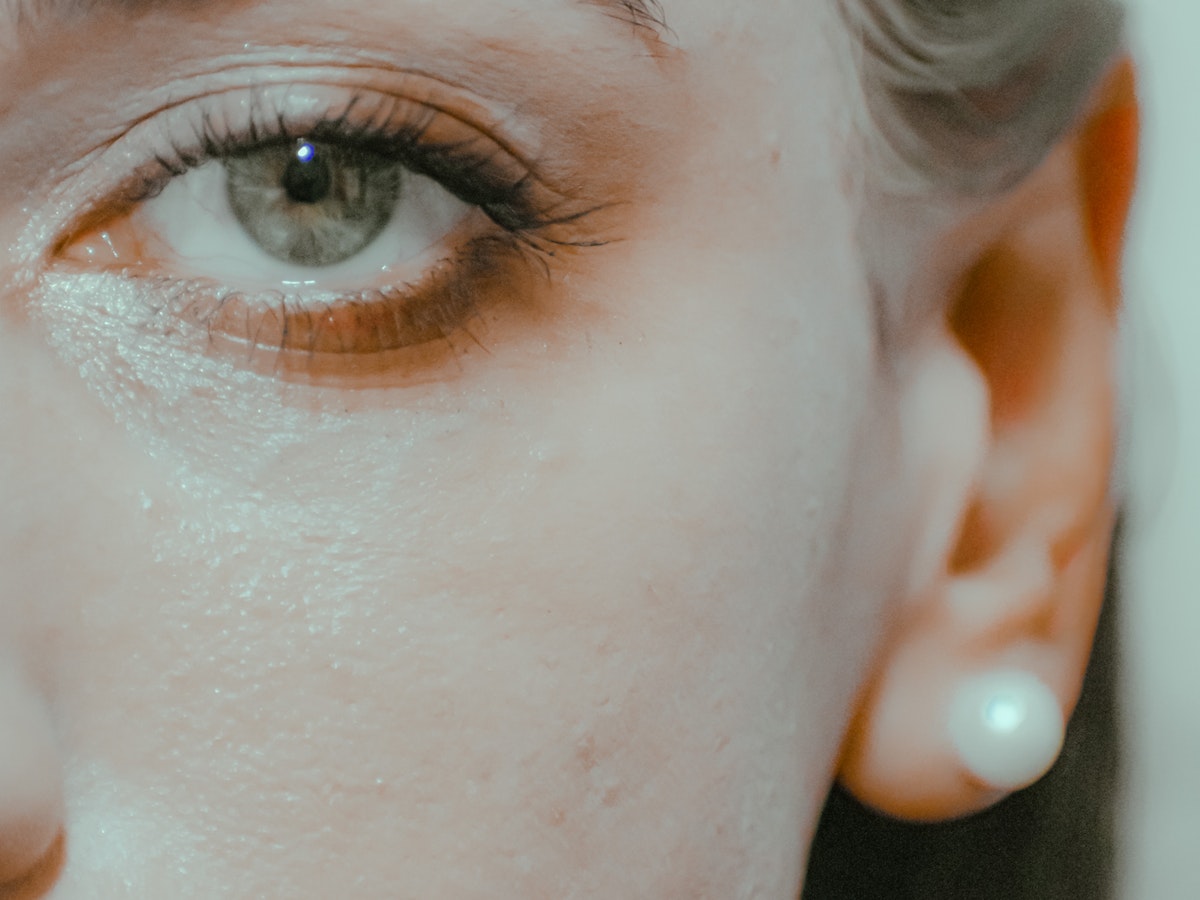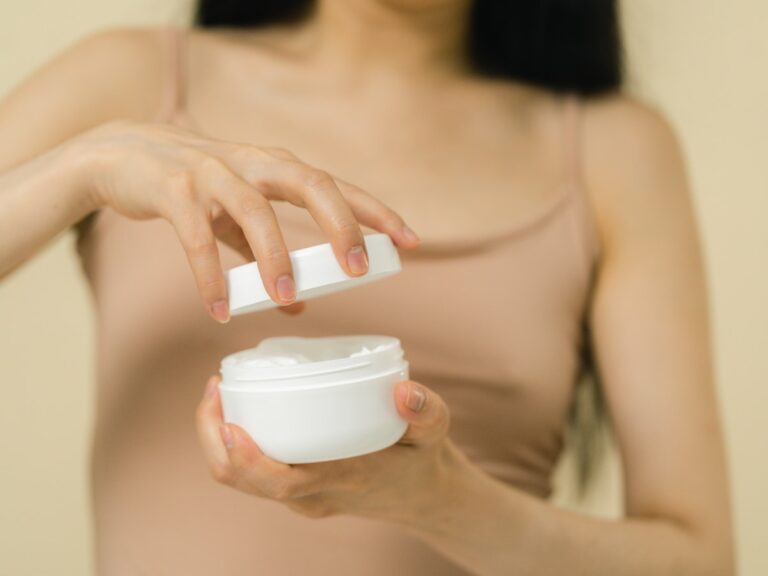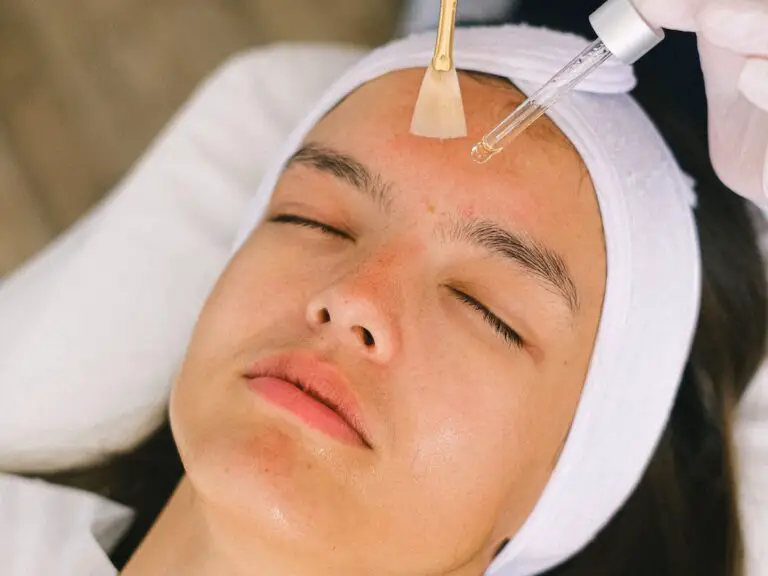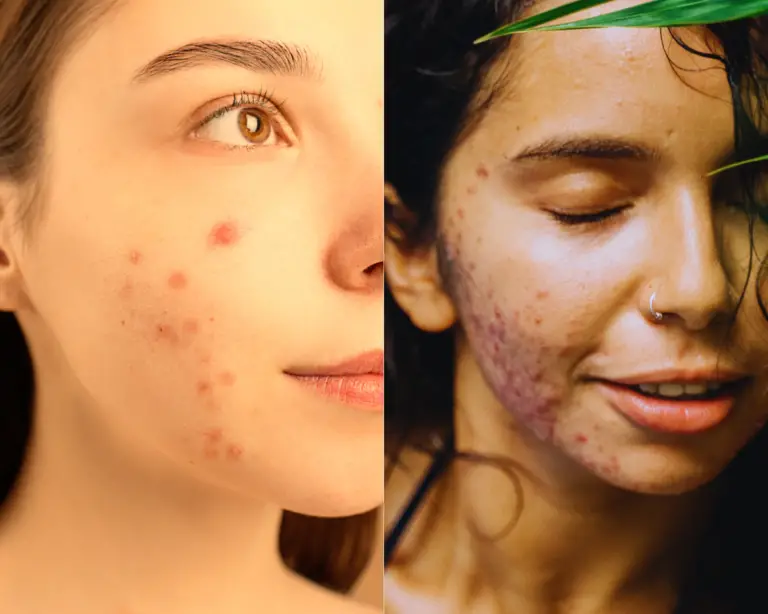Does Fasting Help with Loose Skin? (Secret You Must Know)
Medically Reviewed by;
Dr. Kashif
General Physician
Senior Medical Writer
Are you sick of having skin that hangs down? Want a natural and effective way to make your skin tighter and firmer? Just try going without food.
Fasting is often thought of as a way to lose weight and clean your body, but did you know it can also help your skin?
In this piece, we’ll talk about the interesting link between fasting and sagging skin and how incorporating fasting into your life can help you get firmer, younger-looking skin. From autophagy to collagen production, fasting sets off a number of biological processes that can make your skin more elastic and make lines less noticeable.
So, if you want to take your skincare routine to the next level, come with us as we explore the world of fasting and find out how to get better skin.
Table of Contents
Understanding the Aging Process
The aging process is natural and occurs to every one of us. Our skin gradually loses its flexibility as we get older, which makes it more prone to wrinkling and sagging as we get older. As a result, our skin has become less firm because our bodies create less collagen and elastin, two proteins crucial to the skin’s ability to preserve its structure and elasticity. The aging process can be sped up by other elements such as prolonged exposure to the sun, prolonged exposure to pollutants, and choices regarding one’s lifestyle, all of which can contribute to developing loose skin.
What Causes Loose Skin?
Loose skin can be caused by many things, like losing weight, being pregnant, having loose genes, or just getting older. The skin may not be able to respond quickly enough after significant weight loss, resulting in laxity and sagging. Similarly, the skin stretches during pregnancy to make room for the growing baby. After the baby is born, the skin may not return to its normal shape, leading to saggy skin. Skin suppleness is also affected by genes since some people are born with more or less elastic skin than others.
How does Fasting Help with Loose Skin
Among other health benefits, fasting has been shown to enhance insulin sensitivity, increase fat burning, and reduce inflammation. But what happens to the face when you fast? One of the main ways that fasting is good for your face is through a process called autophagy. Autophagy is the normal way for the body to clean and fix cells. Our bodies go through autophagy when we go without food for a while. In this state, damaged or broken cells are broken down and reused. This process helps eliminate toxins and waste from the skin, making the skin look better and brighter.
Collagen, an essential protein that gives our skin structure and flexibility, is likewise produced at higher rates while fasting. Collagen helps the skin get fuller, which makes fine lines and wrinkles look less noticeable. By fasting, we can make our bodies make more collagen, which makes our skin look tighter and younger.
The Benefits of Fasting for Skin Health
Fasting is good for the health of your face in many ways, not just because it boosts autophagy and collagen production. Hormones like insulin and growth hormone can greatly affect the health and look of our skin. Fasting helps to keep these hormones in balance. By lowering insulin levels, fasting can help to reduce inflammation and stop collagen from breaking down, which makes the skin tighter and stronger.
Also, fasting helps the body make more human growth hormone (HGH), crucial for repairing cells and tissues. HGH helps the body make more collagen and elastin, making the skin smoother and more flexible. Also, fasting can improve blood flow, which brings important nutrients and oxygen to the skin and makes it look healthy and bright.
Types of Fasting for Firmer Skin
You can try various fasting plans to make your skin tighter. One of the most well-known diet strategies is intermittent fasting. With this method, you eat and don’t eat at different times. This can be done by not eating for 16 hours a day and eating all your meals in an 8-hour window. The 5:2 diet is another way to lose weight. On this diet, you eat normally for five days and only 500–600 calories for the other two days.
You could also do a longer fast, like one that lasts 24 hours or just water fast. It’s important to pay attention to your body and choose a way to fast that fits your wants and tastes. If you’ve never tried fasting before, it’s best to start with shorter fasts and lengthen them as your body gets used to them.
Tips for Incorporating Fasting into Your Skincare Routine
Here are some tips to help you get started if you want to add fasting to your beauty routine:
- Start slowly: Start with shorter fasting times and slowly lengthen them as your body gets used to them.
- Stay hydrated: Keep your body hydrated and clean by drinking plenty of water during your fasts.
- Feed your skin: Fasting can be good for your skin in many ways, but feeding your skin from the outside is also important. Use good skincare products with ingredients that help your body make collagen and keep your skin flexible.
- Take care of yourself: Fasting can be hard on your body and mind. Take this time to take care of yourself by doing things like yoga, meditation, or relaxing to reduce stress and improve your health.
Other Lifestyle Factors That Contribute to Skin Elasticity
Even though fasting can have a big effect on the health of your face, it’s important to remember that it’s only one part of the picture. There are other things you can do in your daily life that can help your skin stay flexible and healthy generally. These things are:
- Eating a diet full of nutrients: Eating a lot of fruits, veggies, lean proteins, and healthy fats gives your skin the nutrients it needs to stay flexible and firm.
- Protecting your skin from the sun: The sun’s ultraviolet radiation hastens age and induces skin slackening. Protect your skin by always using sunscreen and avoiding prolonged sun exposure.
- Getting enough sleep: Your skin needs sleep to heal and grow back. Aim for 7-9 hours of sleep every night to help your face stay healthy.
- Don’t smoke or drink alcohol: These things can damage collagen and elastin fibers, leading to skin that sags and wrinkles.

Common Myths and Misconceptions
There are a lot of lies and wrong ideas about fasting and having loose skin. People often believe that fasting will make your skin loose and saggy. But a study has shown that fasting can improve skin elasticity and make wrinkles less noticeable.
Another false belief is that fasting can only help you lose weight and not make your skin healthier. The condition of your skin is only one of the many aspects of your body that fasting can improve.
Conclusion
Skin that is loose and sags can be frustrating for many people. There are different ways to deal with this problem, but fasting is a natural and effective way to make your skin look tighter and younger. By making processes like autophagy and collagen production happens, fasting can help improve the skin’s elasticity and make lines less noticeable. Fasting also has a number of other health benefits, such as making insulin work better and reducing inflammation.
If you want to add fasting to your skincare routine, start slowly, stay hydrated, and feed your skin from the outside. Remember that fasting is only one part of the puzzle. Other lifestyle factors, such as diet, sun protection, sleep, and not smoking or drinking too much booze, also affect the health of your skin. By using fasting as a natural way to make your skin firmer, you can step up your skincare routine and get a healthier, more vibrant face.
FAQs
While intermittent fasting may promote overall skin health, it may not directly prevent sagging skin specifically. Age, genetics, and significant weight loss can contribute to skin sagging. However, fasting can promote collagen production and skin elasticity, which may indirectly benefit the skin’s appearance. To minimize sagging skin, it is advisable to maintain a balanced diet, stay hydrated, exercise regularly, and consult with a dermatologist for personalized skincare recommendations.
Fasting may impact skin elasticity due to its potential effects on collagen production and cellular regeneration. However, the effects can vary depending on factors such as overall health, hydration levels, and nutrient intake during fasting. Maintaining a balanced diet, staying hydrated, and consulting with a healthcare professional or dermatologist for personalized advice on maintaining skin health and elasticity are advisable.
The duration of fasting needed to potentially tighten skin can vary based on individual factors such as age, genetics, and overall health. While fasting may have some benefits for skin health, including potential improvement in elasticity, it is important to note that the specific time required for noticeable results cannot be determined universally. It is recommended to combine fasting with a balanced diet, hydration, exercise, and other healthy lifestyle practices for overall skin health and consult a healthcare professional for personalized advice.
Fasting can potentially improve skin appearance due to various factors. It helps regulate hormone levels, reduce inflammation, and promote detoxification, contributing to clearer and healthier-looking skin. Additionally, fasting promotes autophagy, a cellular process that aids in removing damaged cells and toxins, leading to a rejuvenated complexion. However, individual results may vary, and it is essential to maintain a balanced diet, hydrate adequately, and follow a comprehensive skincare routine essential for optimal skin health.
While fasting may have some benefits for skin health, it is unlikely to reverse the skin’s natural aging process. Fasting can support overall health and contribute to improved skin appearance. Still, specific anti-aging effects on the skin may require additional interventions such as a healthy diet, skincare routine, sun protection, and lifestyle factors like avoiding smoking and maintaining hydration.
Disclaimer: This article is for educational purposes only, and does not substitute any medical advice. Always consult a qualified healthcare professional for personalized advice before trying new treatments or medications.

General Physician
Senior Medical Writer






